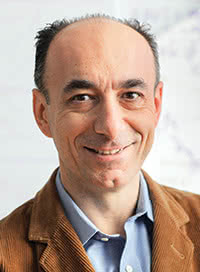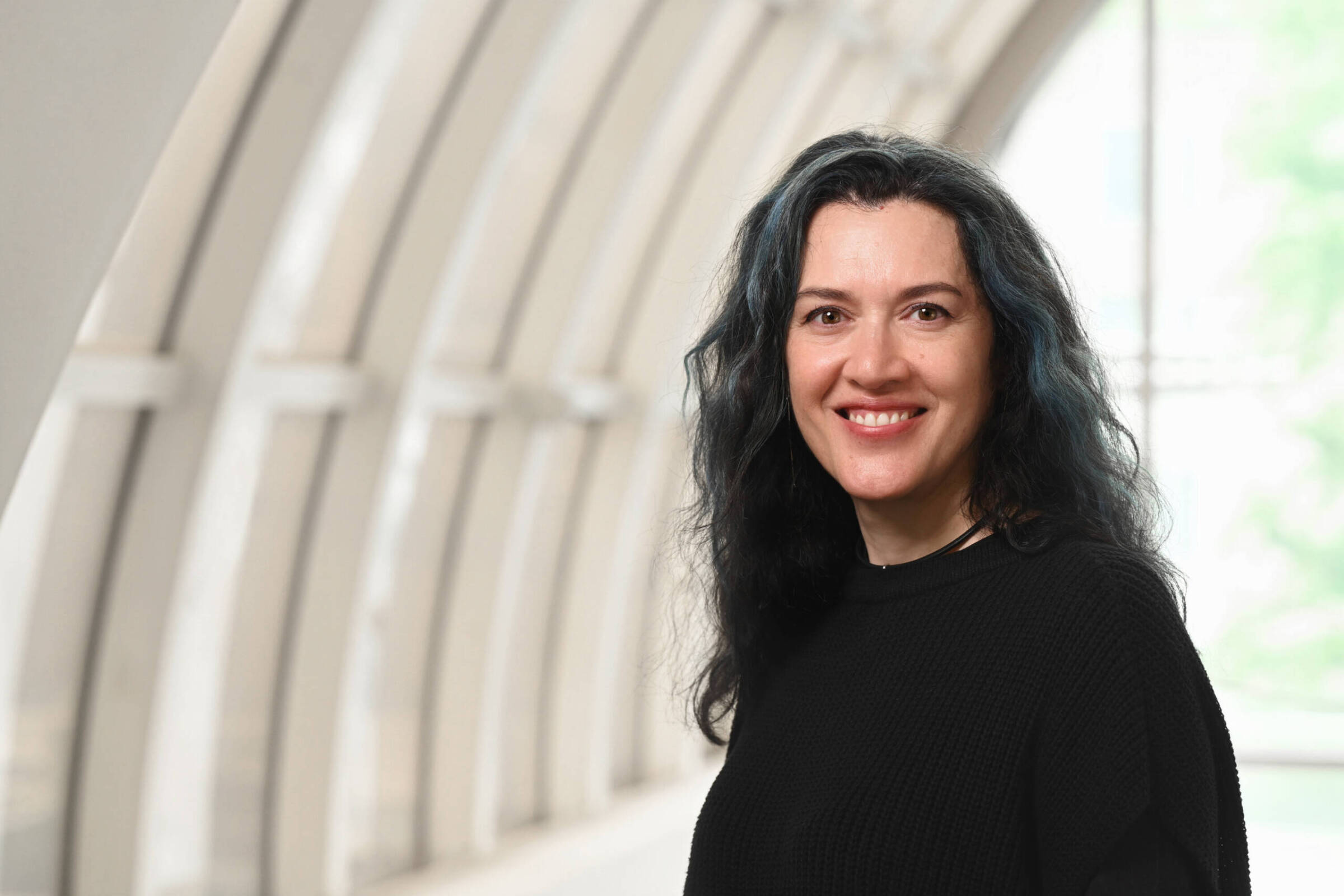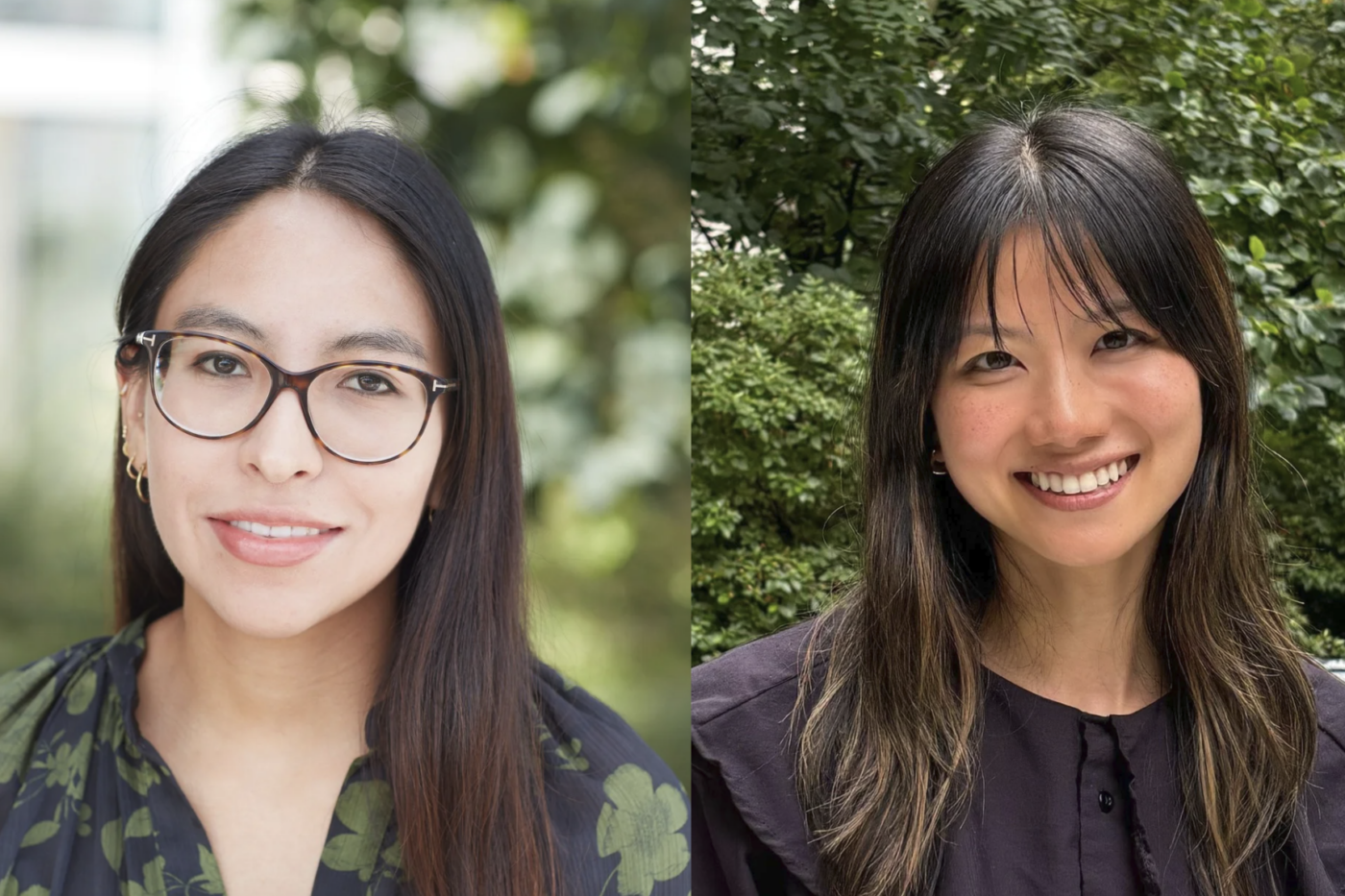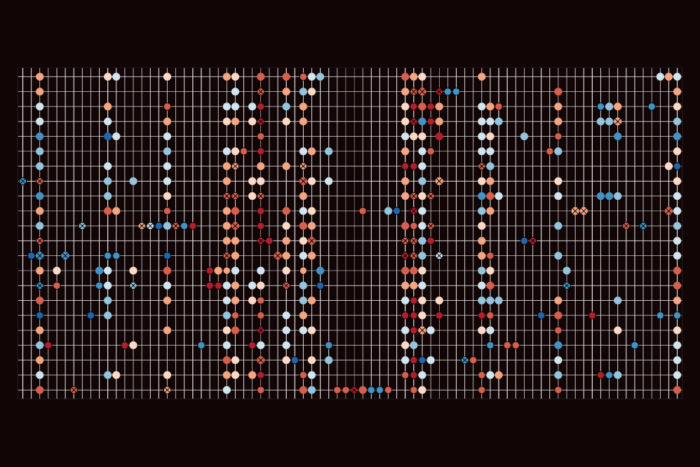Jean-Laurent Casanova receives the 2016 Inserm Grand Prix

Jean-Laurent Casanova
Jean-Laurent Casanova, professor and head of the St. Giles Laboratory of Human Genetics of Infectious Diseases, has won the 2016 Inserm Grand Prix for his work on the genetic basis of infectious diseases. The prestigious award, given annually by Inserm—the French National Institute of Health and Medical Research—recognizes researchers whose work has contributed to the institute’s scientific excellence. Casanova will receive the prize at a ceremony at the Collège de France in Paris on December 8.
Casanova and his colleagues identified inborn errors in the immune systems of otherwise healthy children that make them susceptible to certain infectious diseases. They discovered that these errors are caused by congenital mutations in a single gene and are responsible for severe and selective vulnerability to illnesses including tuberculosis, pneumococcal disease, herpes simplex, encephalitis, and Candida infection.
The discovery of single-gene–based vulnerabilities in otherwise healthy children has profound clinical implications, offering families the possibility of molecular diagnosis and genetic counseling, as well as treatments aimed at restoring the deficient immune response.
Casanova, who is also senior attending physician at The Rockefeller University Hospital and a Howard Hughes Medical Institute investigator, received his M.D. from Paris Descartes University and his Ph.D. in immunology from Pierre and Marie Curie University in Paris. He is a visiting professor at the Necker Hospital and School of Medicine at Paris Descartes University, where he cofounded the Laboratory of Human Genetics and Infectious Diseases with his colleague Laurent Abel. He joined Rockefeller in 2008. Casanova is the recipient of several honors, including the E. Mead Johnson Award from the Society for Pediatric Research in 2010, the Robert Koch Award in 2014, and the Stanley J. Korsmeyer Award from the American Society for Clinical Investigation in 2016. He is a foreign associate of the National Academy of Sciences and a member of the National Academy of Medicine.
Inserm, which was founded in 1964, is a public scientific and technological institute that operates under the French Ministry of Health and the French Ministry of Research. It awards three major prizes each year in three distinct categories. The Grand Prix, which recognizes active Inserm researchers for outstanding accomplishments, is now in its 17th year.


